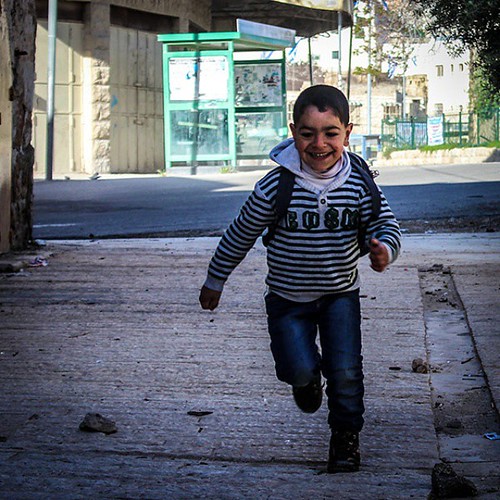WASHINGTON — As war wages in the Middle East, the House of Representatives looks to pass the Peace and Tolerance in Palestinian Education Act. The bill requires the State Department to annually assess school curriculums in the West Bank and Gaza and report its findings to Congress. It would determine whether textbooks and lesson plans “encourage violence toward other countries or ethnic groups” and if the U.S. should intervene.
Introduced by Rep. Brad Sherman (D-Calif.), the bill has garnered mass bipartisan support. Representatives cited different examples of textbook passages and homework assignments containing anti-Israel sentiments. One was a fourth-grade math problem that had students calculate the total number of “martyrs” in the two intifadas.
“This [war] is the outcome of generations of children in Gaza and the West Bank being taught to embrace death and terrorism,” Sherman said.
However, independent studies show a slightly different story.
According to a report from Yale University, Israeli and Palestinian textbooks show nearly equal amounts of political bias. 87% of Israeli textbooks exclude reference to the state of Palestine completely, while 94% of Palestinian textbooks exclude Israel completely. These include maps that don’t label the other country and incorrect borders. Both countries “fail to describe information about the other’s history, culture or religion,” according to the Yale report. No examples were found of “dehumanizing characteristics of personal traits of Jews or Israelis.”
A major concern of lawmakers is that Palestinian schools are partly funded by the United States. It had previously provided over $200 million for educational assistance. These funds go to the hundreds of United Nations-sponsored schools across the West Bank and Gaza. U.N. schools cannot create their own textbooks and are required to use educational materials from the nation they’re in.
Currently, these schools are being used as shelter for over 400,000 Palestinians whose homes have been destroyed. Israeli airstrikes have bombed four of these schools, killing 35 UNRWA staff and at least 30 students since the war began.
“It will take genuine and courageous efforts to go back to the roots of this deadly deadlock and offer political options that are viable and can enable an environment of peace, stability and security,” said the Commissioner-General of the UNRWA, Philippe Lazzarini.


